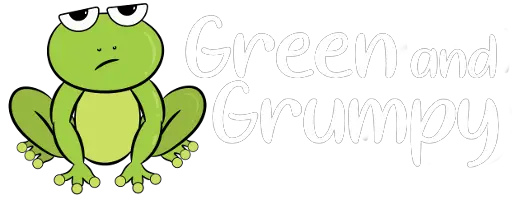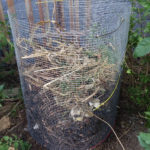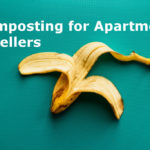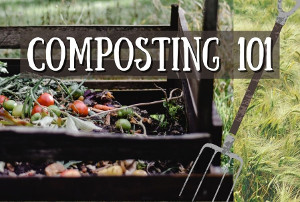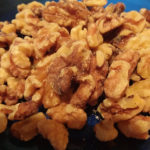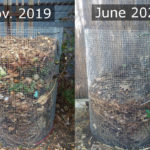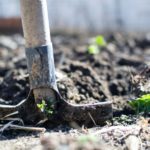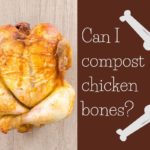Are Compost and Soil the Same Thing?
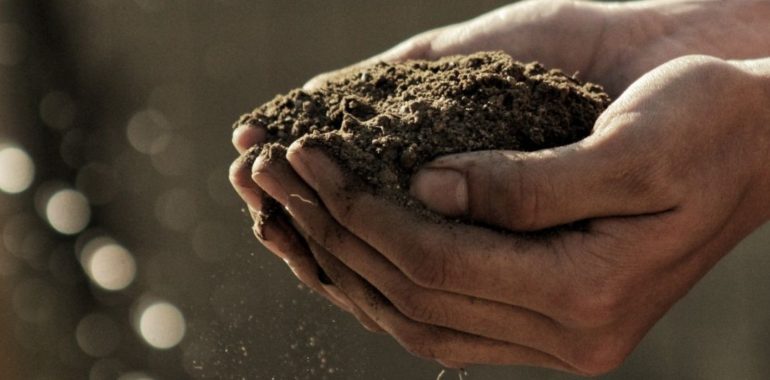
Are Compost and Soil the Same Thing?
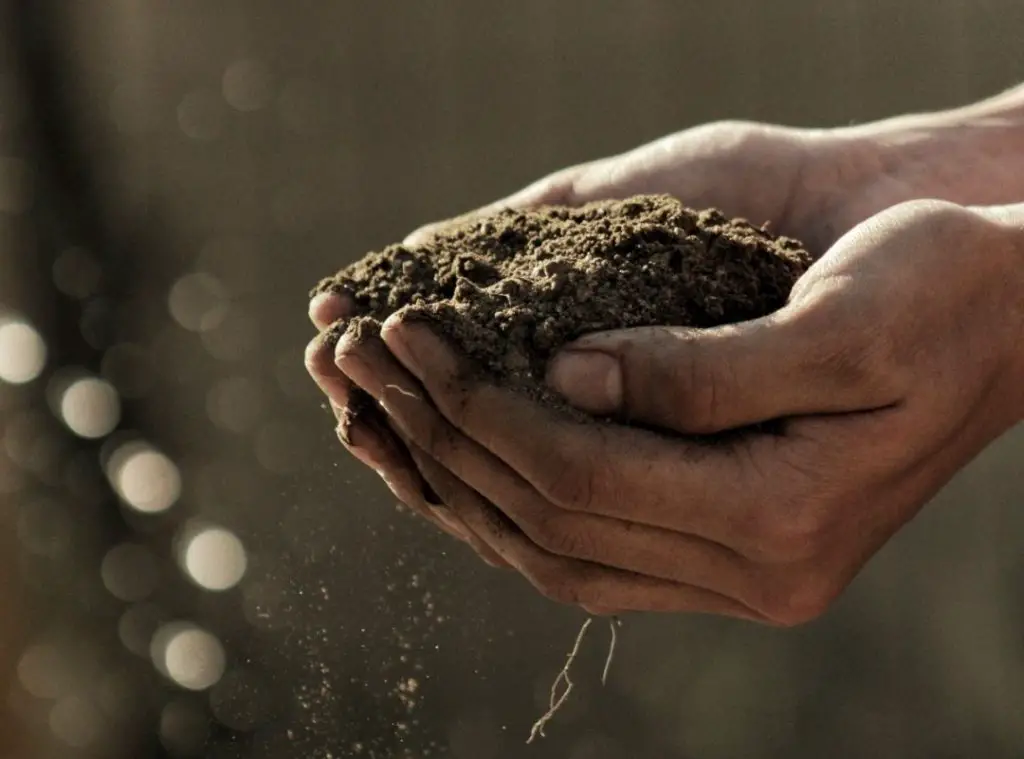
Many people use the terms “soil” and “compost” interchangeably. But they aren’t exactly the same. Most soil has compost in it, but straight-up compost isn’t really considered “soil” and would usually be too strong to use for potting plants just on its own.
What is compost?
Compost is what is created when organic matter breaks down through the action of weather and the critters that feed on them like worms, microbes, fungi and so on. When leaves and plants die off each autumn and fall to the ground, the decomposition process begins. We can also make our own compost from our food scraps, dead leaves, straw, grass clippings and so on. Good compost adds needed nutrients to the soil, helps soil to hold water and keeps soil from being to porous or too compacted. Think of it as a great natural fertilizer and soil amendment.
What is soil?
Natural soil is formed over the course of many, many years. It is a combination of inorganic sediment (tiny pieces of stone) that has gradually eroded from the underlying bedrock, and organic material (compost). The closer to the soil surface, the more organic matter there will be due to plant matter decomposing on the surface, and the farther down into the soil you go, the more the soil will be made of inorganic matter like sand, minerals and fine rock particles. Eventually if you dig down deep enough you will hit bedrock, which is where the soil ends.
Here is a great short video that explains and demonstrates how soil is formed:
Why do we need compost?
In nature, there is a cycle of life that is self-sustaining. Plants extract nutrients from the soil to grow and produce seeds and fruit, then they die and the nutrients return to the soil as those plants decompose. In this natural system, nothing needs to be added to keep the soil healthy. The ecosystem takes care of regulating itself and staying in balance.
However, as humans we frequently take crops from the soil and return nothing. We rake up leaves and bag up grass clippings and get rid of them. We leave soil uncovered and it blows away or washes away. Over time, these actions cause the soil to become depleted. Once soil is eroded and gone or completely depleted of nutrients, it takes a lot of work, additives and/or time to get it back. (One centimeter of soil takes hundreds of years to form through natural processes!) That’s why it is important to be sure to add organic matter back to soil and keep soil covered so that it doesn’t erode.
Benefits of adding compost to your soil:
- Adds needed nutrients and acts as a natural fertilizer.
- Allows porous, sandy soil to hold together better, retain moisture and not wash away.
- Helps heavy, compacted soil become lighter and more workable.
- Regulates the moisture content of soil by absorbing large amounts of water and releasing it slowly. This keeps soil from being waterlogged and also from drying out.
- Encourages colonies of beneficial microbes, which helps to fight pests and plant diseases naturally.
- Leads to better plant growth and crop yields.
- Helps sequester carbon in the soil, which is one more way to fight climate change.
If you practice composting, whether through a community program or via your own home composting bin, you are also fighting climate change by allowing your food scraps and yard waste to break down naturally. When organic matter decomposes in a landfill it creates methane, a potent greenhouse gas, due to the lack of oxygen in that environment. Composting is a way to allow organic materials to break down naturally and prevent them from contributing to greenhouse gas emissions. Plus, it will lead to amazing results in your garden!
Want to know more about getting started with composting? Visit Composting 101 for a basic introduction on everything you need to know to get started with composting at home.
